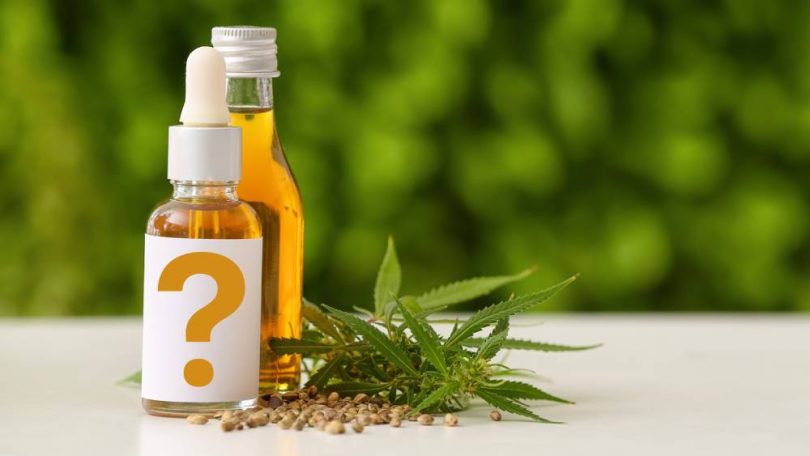According to multiple studies, labels on CBD products may be less accurate than you think. Recent research from Johns Hopkins identified multiple label discrepancies in many different CBD topical products. [1]
The labeling accuracy of over 100 different CBD topicals was tested. The results of the study were recently published in JAMA Network Open, and they raise several questions. Are the labels on CBD products accurate? If they aren’t, can we trust CBD product labels?
Research on CBD Topical Label Accuracy
To get a good range of product samples, CBD products for the study were purchased in brick-and-mortar retail stores and online. Product types included CBD patches, creams, lotions, balms, and salves.
Study Highlights
- Only 24% of products were labeled accurately
- 58% had more CBD than labeled
- 18% had less CBD than labeled
- 22% of in-store products contained tetrahydrocannabinol (THC)
- 45% of online products contained THC
Having only 24% of the CBD topical product labels test out as accurate suggests only one in every four CBD topical product labels is accurate. The presence of THC raises another concern for people who may be sensitive to THC, or those who avoid it for other reasons. Seeing as 45% of the online products contained THC, it may be best to avoid buying CBD online if you’re worried about consuming THC.
Research on CBD Extract Label Accuracy
These new findings fall in line with an older study examining the labeling accuracy of CBD extracts sold online. 84 CBD extract products were purchased online. Product types included CBD vape carts, CBD oils, and CBD tinctures. [2]
Study Highlights
- Only 31% of products were labeled accurately
- 26% had less CBD than labeled
- 42% had more CBD than labeled
- 21% of products contained THC
These results were published in 2017, and it seems not much has changed between then and now.
Both studies have show thsat CBD products are not always labeled accurately. Nevertheless reputable companies are more likely to have accurate labels and trustful certificate of analysis (CoA).
For product manufacturers, it stresses the importance of finding an accurate testing lab. Testing labs especially should use this information to make improvements to cannabinoid testing techniques to improve accuracy ratings. Although in the end, it is difficult to determine if these label inaccuracies are a result of lab testing errors or mistakes at the label printing stage. Either way, care should be given at all stages of the CBD product manufacturing process, from creation to consumer.
References:
[1] Spindle, T. Et al. Cannabinoid Content and Label Accuracy of Hemp-Derived Topical Products Available Online and at National Retail Stores. JAMA Netw Open. 2022;5(7) doi:10.1001/jamanetworkopen.2022.23019 [Journal Impact Factor: 13.35] [Times Cited: 0][2] Bonn-Miller MO. Et al. Labeling Accuracy of Cannabidiol Extracts Sold Online. JAMA. 2017 Nov 7;318 (17):1708-1709. doi: 10.1001/jama.2017.11909 [Journal Impact Factor: 157.3] [Times Cited: 127]
Image: Green House Healthy










